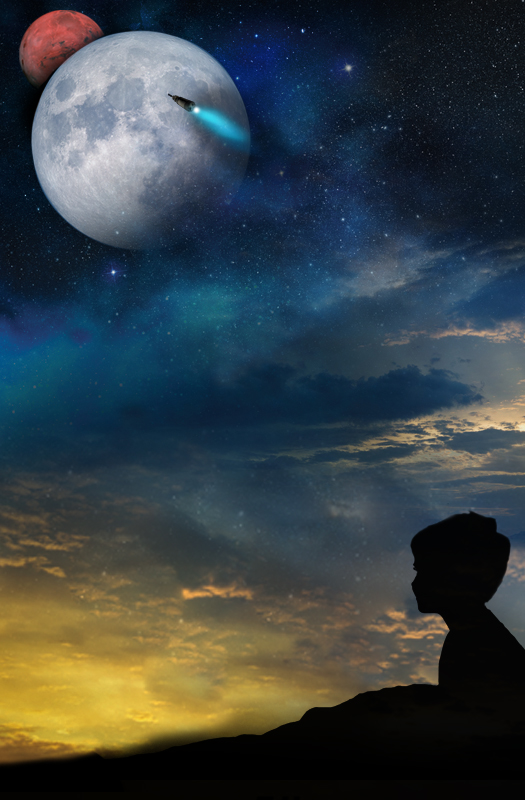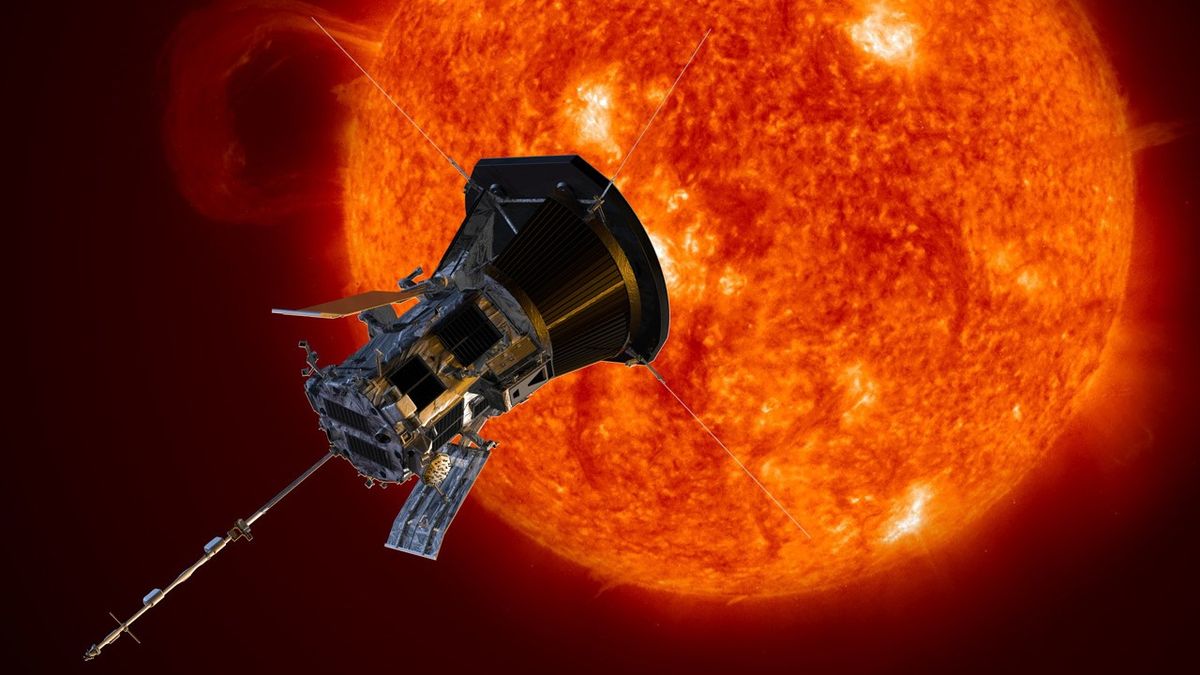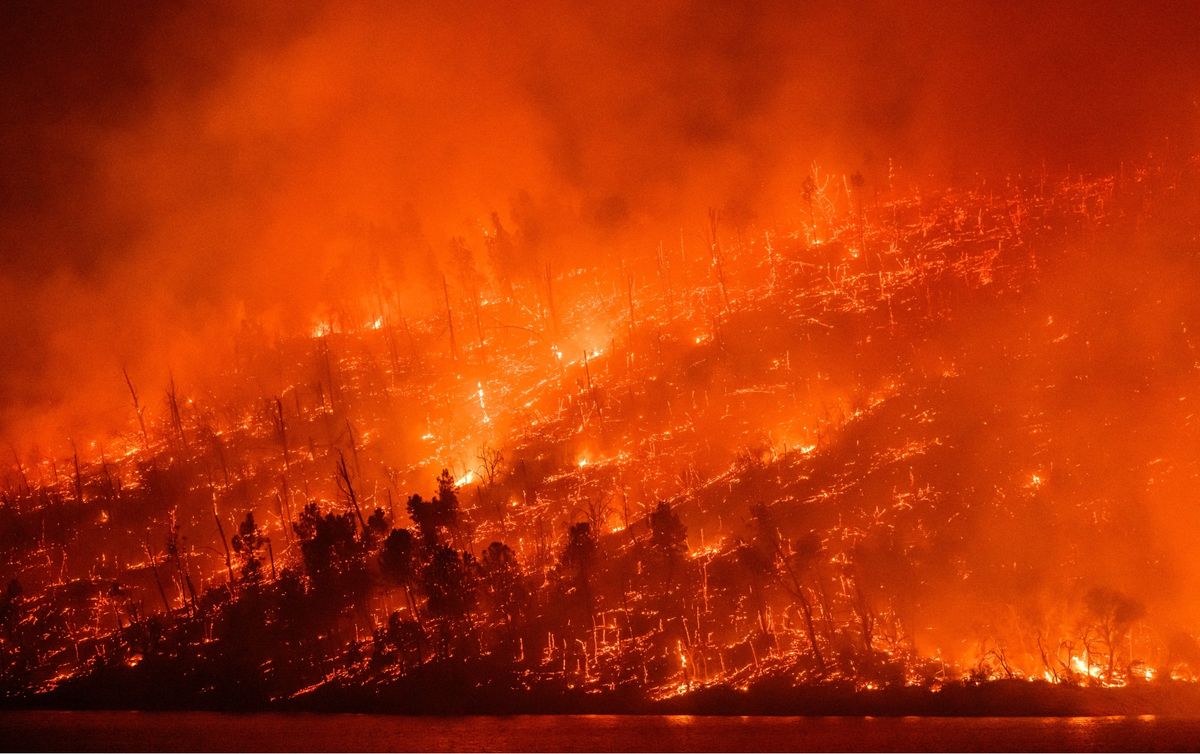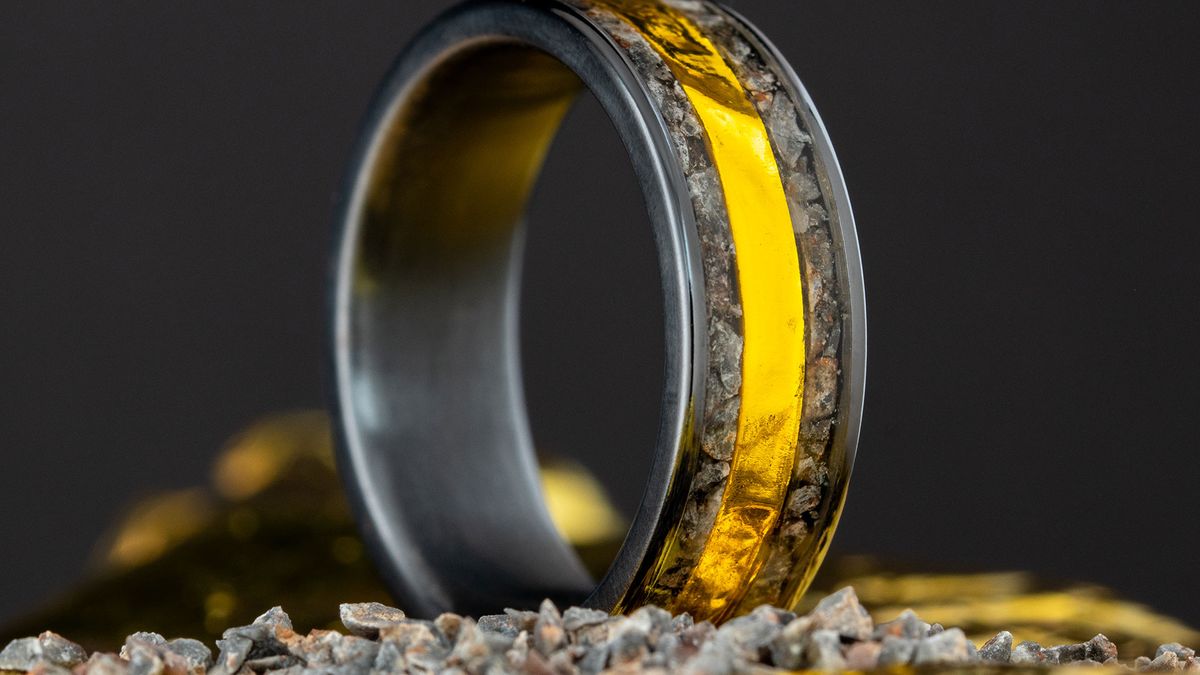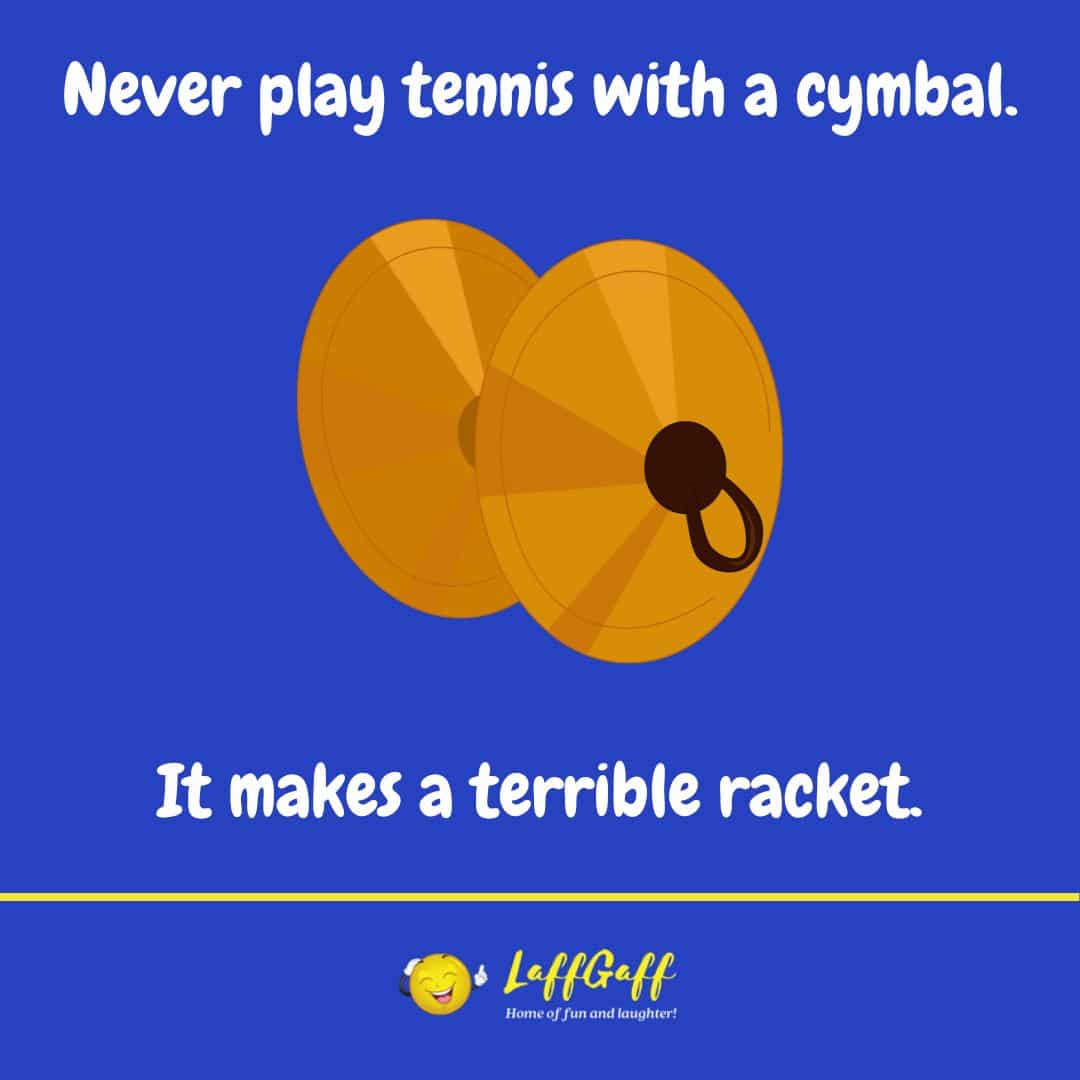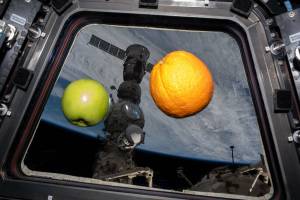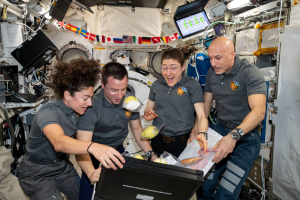5 Min Read
Meet the Simunauts: Ohio State Students to Test Space Food Solutions for NASA

Ohio State University has hired four student “Simunauts” (simulated analog astronauts) to test NASA’s Deep Space Food Challenge technologies at the Wilbur A. Gould Food Industries Center's Food Processing Pilot Plant this summer. From left to right: Charlie Frick, Fuanyi Fobellah, Sakura Sugiyama, and Mehr Un Nisa.
Credits: Ohio State University
By Savannah Bullard
NASA’s Deep Space Food Challenge kicks off its final eight-week demonstration this month, and a new crew is running the show.
NASA’s partner for the Deep Space Food Challenge, the Methuselah Foundation, has teamed up with Ohio State University in Columbus to facilitate the challenge’s third and final phase. The university is employing current and former students to serve on a “Simunaut” crew to maintain and operate the food production technologies during the demonstration period.
The Deep Space Food Challenge creates novel food production systems that offer safe, nutritious, and delicious food for long-duration human exploration missions while conscious of waste, resources, and labor. The challenge could also benefit humanity by helping address Earth’s food scarcity problems. In this challenge phase, NASA will offer a $1.5 million prize purse to winning U.S. teams after demonstrations are completed during an awards ceremony on August 16.
“It’s easy for a team with intimate knowledge of their food systems to operate them. This will not be the case for astronauts who potentially use these solutions on deep-space missions,” said Angela Herblet, Program Analyst for NASA’s Centennial Challenges and Challenge Manager for the Deep Space Food Challenge. “Incorporating the Simunauts will add a unique flair that will test the acceptability and ease of use of these systems.”
The demonstrations will occur inside Ohio State’s Wilbur A. Gould Food Industries Center’s Food Processing Pilot Plant until Wednesday, July 31. Meet the students behind the demonstrations:
Fuanyi Fobellah
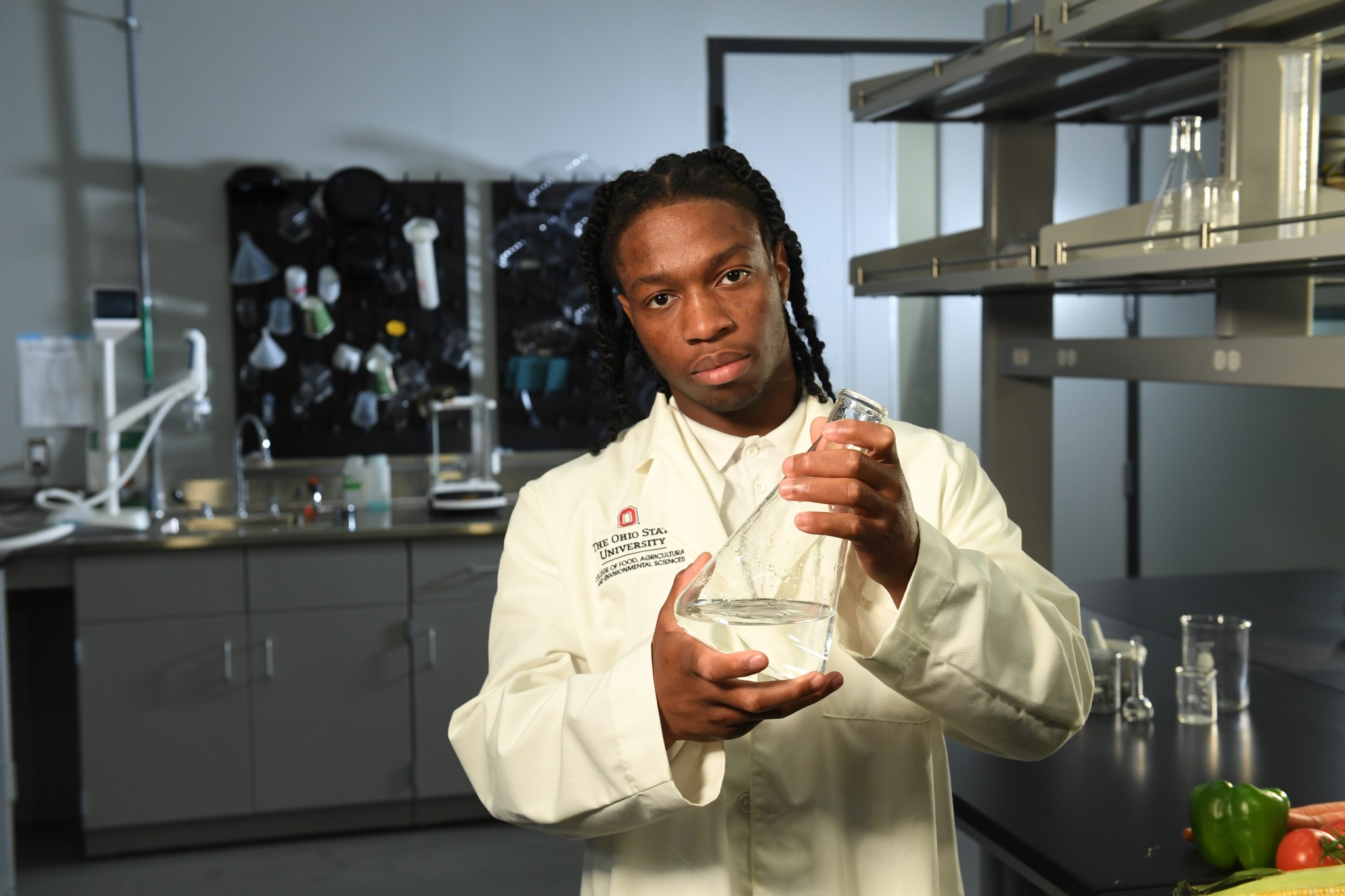
Fuanyi Fobellah.
Ohio State University
Fuanyi Fobellah was a picky eater as a child. But, when he began wrestling in school, food became an essential part of his life. Now a senior majoring in food business management at Ohio State, Fobellah combines his love for space exploration with his food, nutrition, business, and innovation knowledge.
Q: How does the work you’re doing this summer fit into the overall NASA mission, and how do your contributions fit into that mission?
A: Food can easily become an overlooked aspect of space travel, but humans can only live and travel to different planets with sustainable food systems. That’s why a challenge focused on developing food systems for space travel is so vital to NASA’s mission.
Sakura Sugiyama
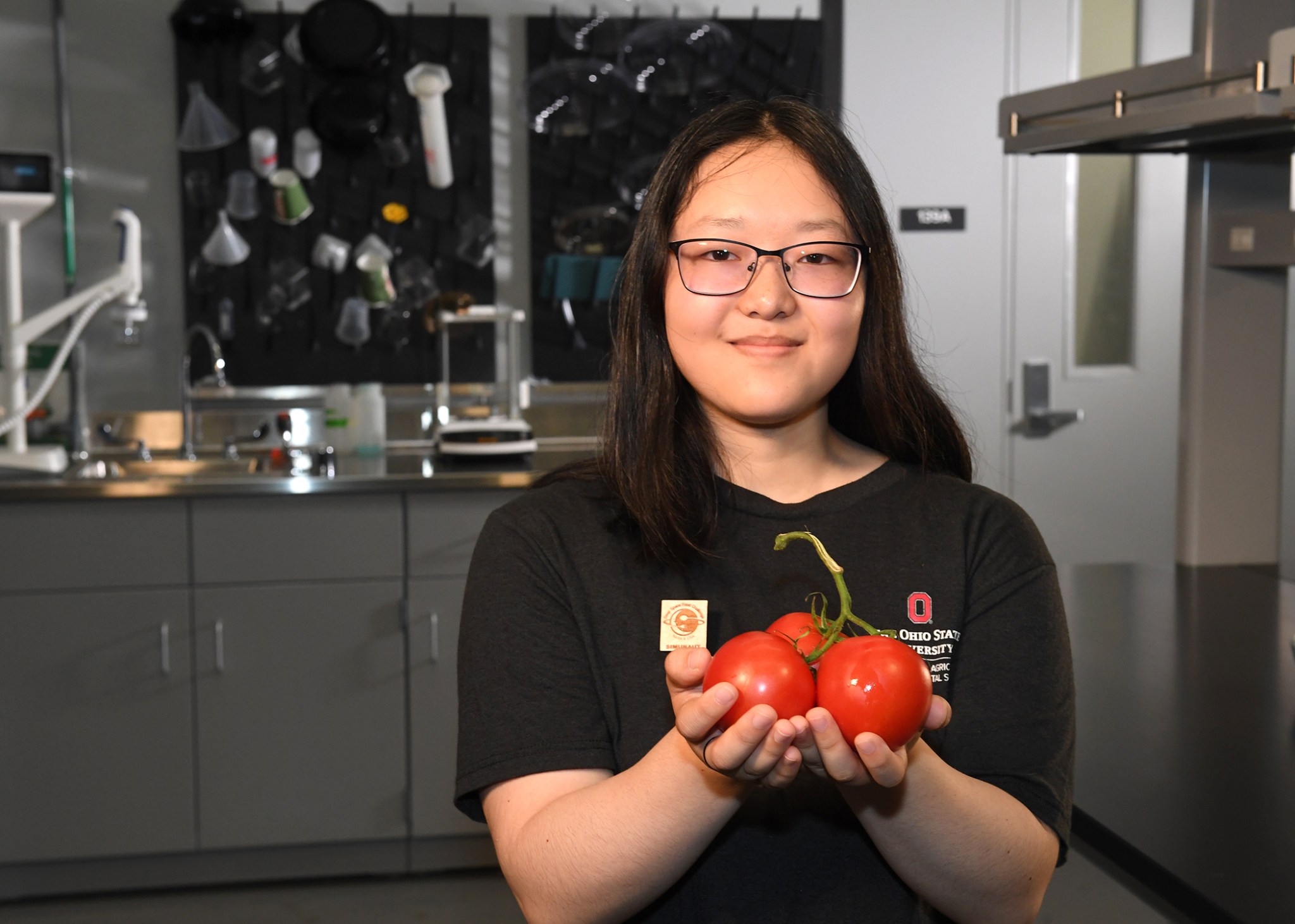
Sakura Sugiyama
Ohio State University
Sakura Sugiyama’s childhood hobbies were cooking and baking, and with two scientists as parents, the Deep Space Food Challenge piqued the interest of the recent Ohio State graduate. Sugiyama obtained her bachelor’s degree from Ohio State’s Department of Food Science and Technology and plans to work in research and development in the food industry.
Q: Why do you think this work is important for the future of civilization?
A: Food variety, sustainability, energy efficiency—all of those are issues we face here on Earth due to climate change, increasing populations, and food insecurity. I hope that solving those issues in space will also help solve those problems on Earth.
Charlie Frick
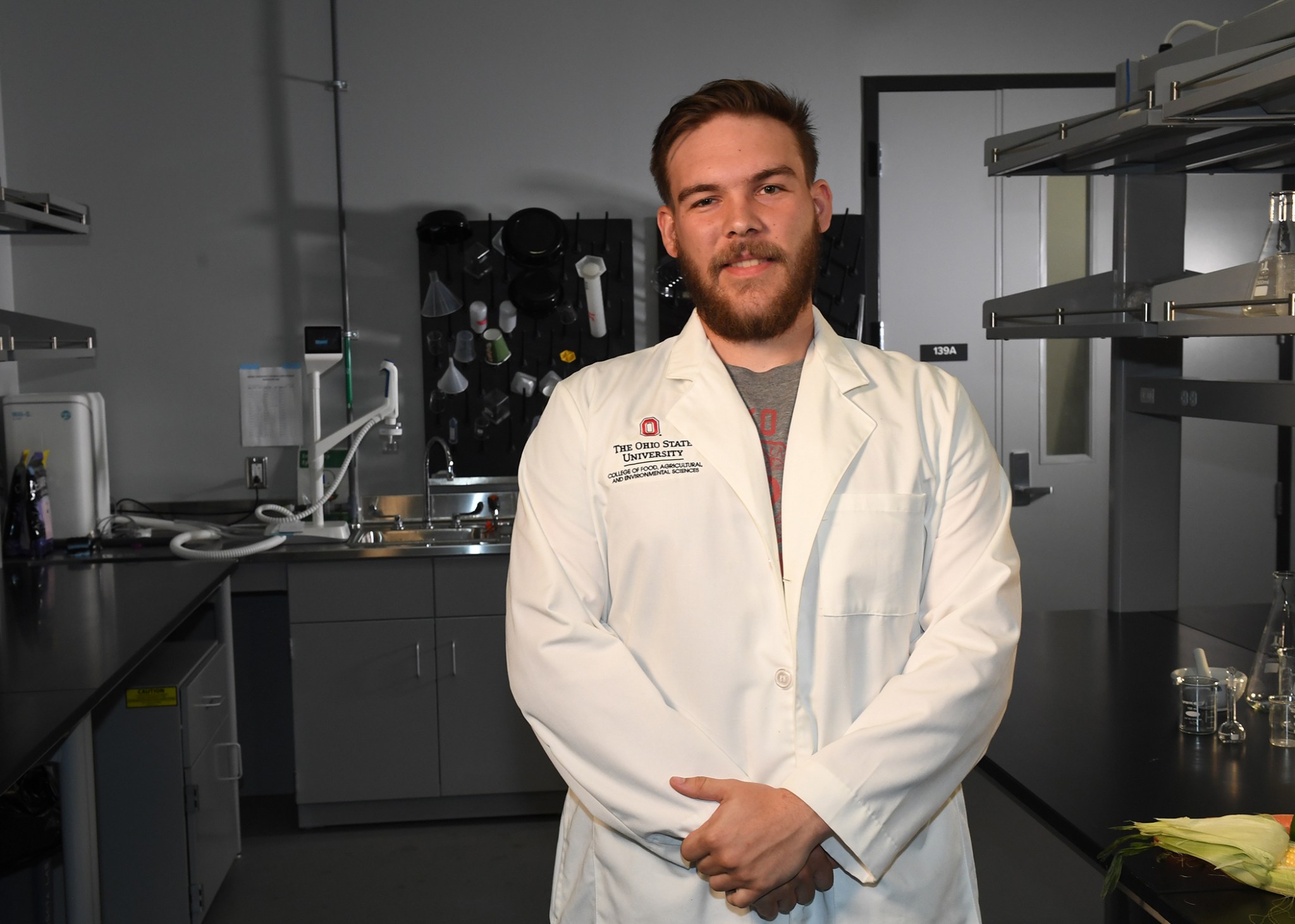
Charlie Frick
Ohio State University
A fifth-year student studying animal sciences, Charlie Frick, found his passion while growing up on his family’s farm. While finishing his degree, he hopes the Deep Space Food Challenge will allow him to use his agriculture and animal science knowledge to support space technology, nutrition, and food regeneration.
Q: Now that you’re familiar with NASA’s public prize competitions, how do you think they benefit the future of human space exploration?
A: These challenges help a lot because sometimes you need that third person who doesn’t have that background but can come up with something to help. These challenges are critical in helping bring about technologies that otherwise would never exist.
Mehir Un Nisa
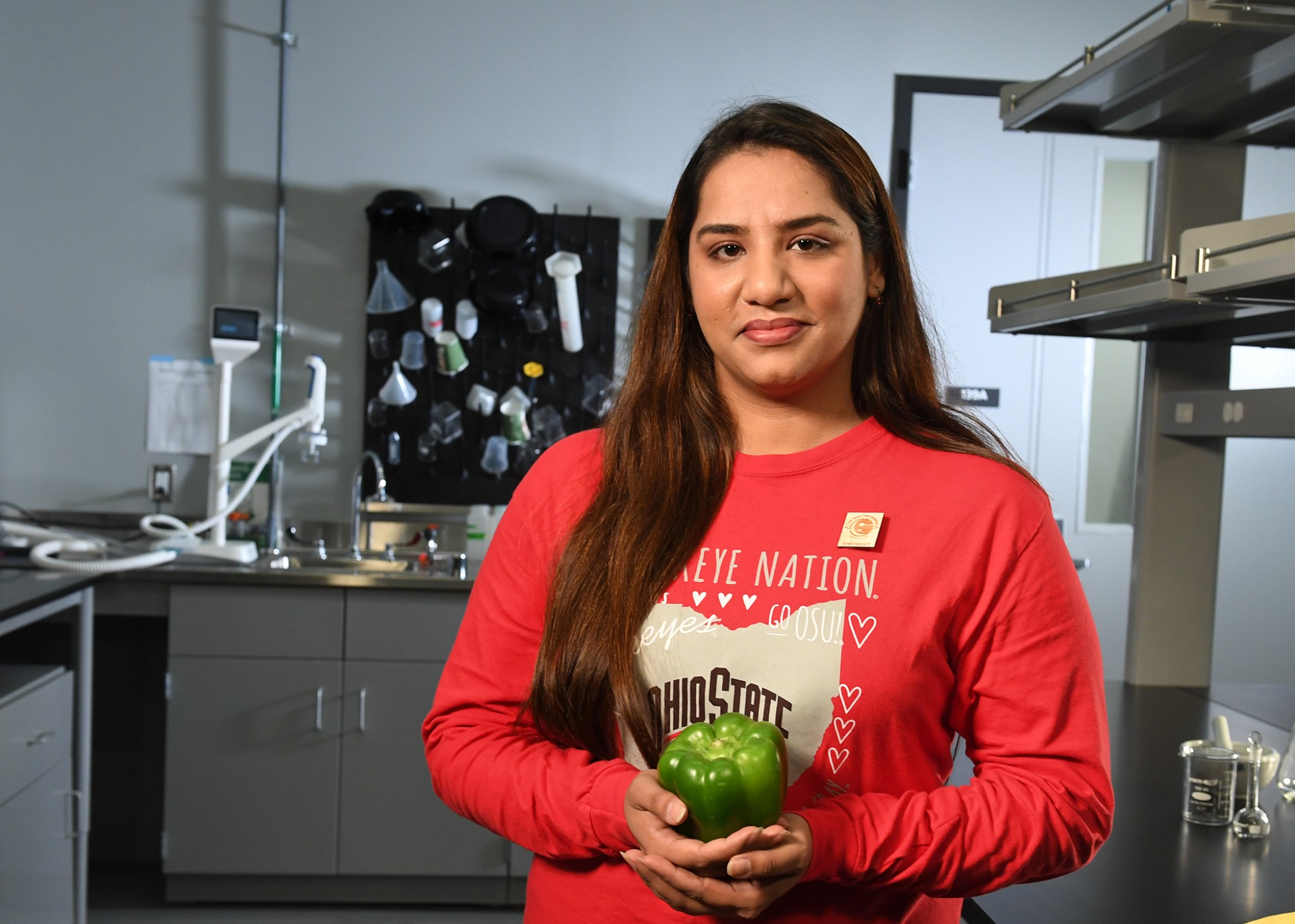
Mehr Un Nisa
Ohio State University
Mehir Un Nisa is a graduate student in Ohio State’s Department of Food Science and Technology. As a kid who dreamed about working at NASA, Un Nisa is using her expertise in food science to make that dream a reality and get a foot in the door of the agency’s food and nutrition programs.
Q: How does it feel to work alongside NASA on a project like this?
A: Working with NASA empowers me as a researcher, and it makes me feel good that food science has a part in that big name. It’s a dream come true for me.
The Deep Space Food Challenge, a NASA Centennial Challenge, is a coordinated effort between NASA and CSA (Canadian Space Agency). Subject matter experts at Johnson Space Center in Houston, Texas, and Kennedy Space Center in Merritt Island, Florida, support the competition. NASA’s Centennial Challenges are part of the Prizes, Challenges, and Crowdsourcing program within NASA’s Space Technology Mission Directorate and managed at Marshall Space Flight Center in Huntsville, Alabama. The Methuselah Foundation, in partnership with NASA, oversees the United States and international competitors.
For more information on the Deep Space Food Challenge, visit:
nasa.gov/spacefoodchallenge
Jonathan Deal
Marshall Space Flight Center, Huntsville, Ala.
256.544.0034
jonathan.e.deal@nasa.gov
Details
Last Updated
Jun 05, 2024
Explore More
5 min read
NASA Begins Final Phase of $3 Million Deep Space Food Challenge
Article 9 months ago
3 min read
Deep Space Food Challenge Phase 2
Article 1 year ago
5 min read
The Menu for Mars: Designing a Deep Space Food System
Article 3 years ago
Keep Exploring
Discover More Topics From NASA
Deep Space Food Challenge

NASA Prizes, Challenges, and Crowdsourcing
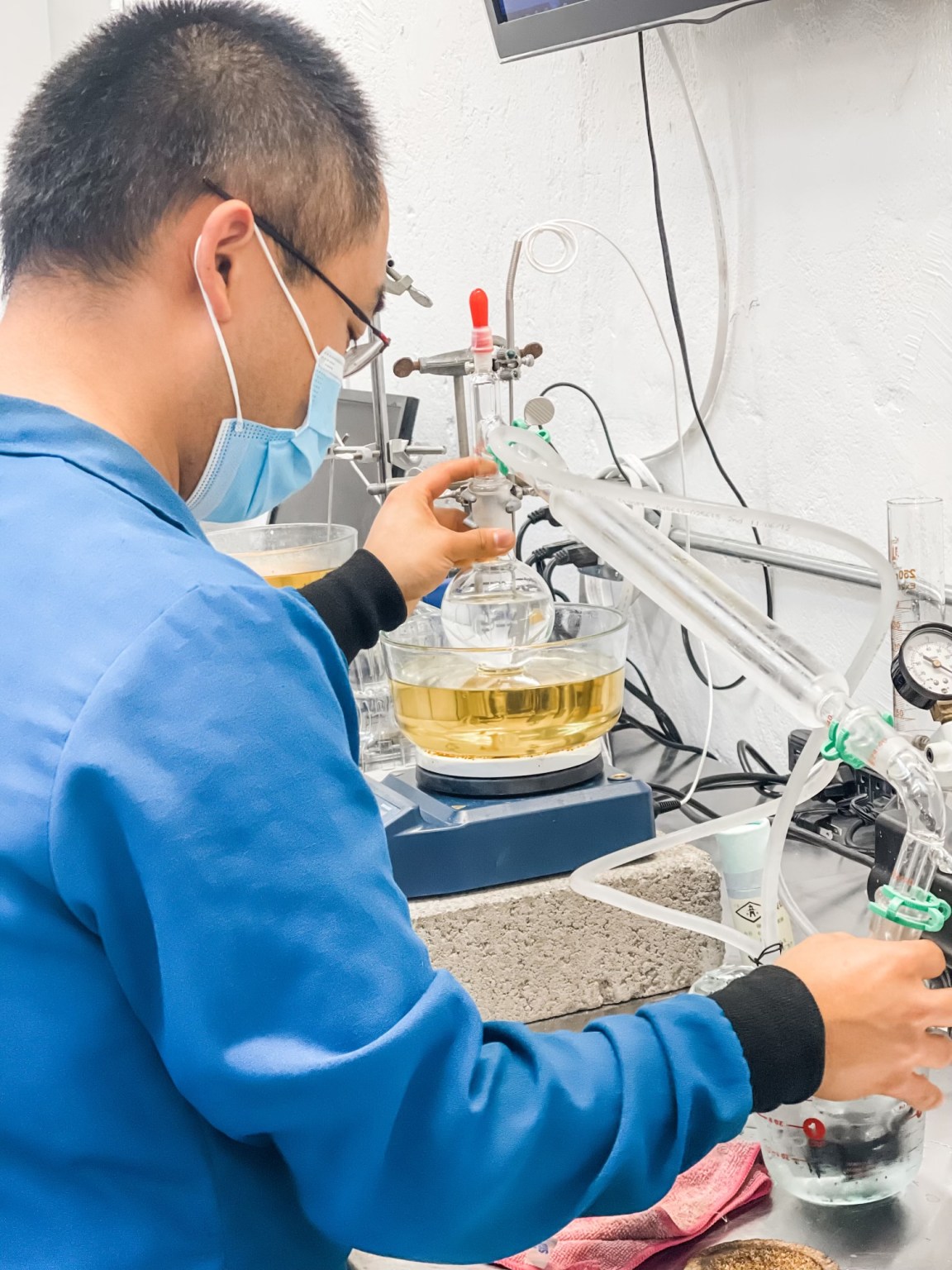
Space Technology Mission Directorate
